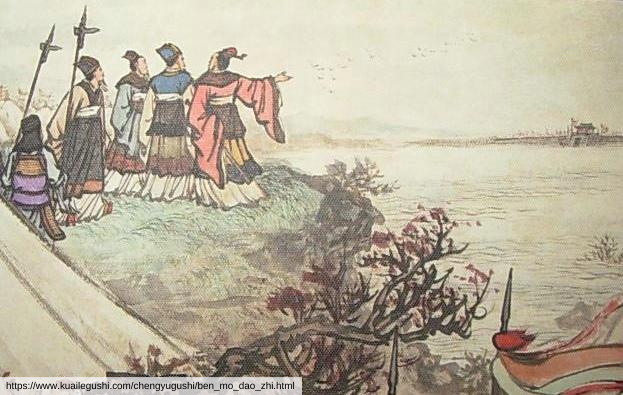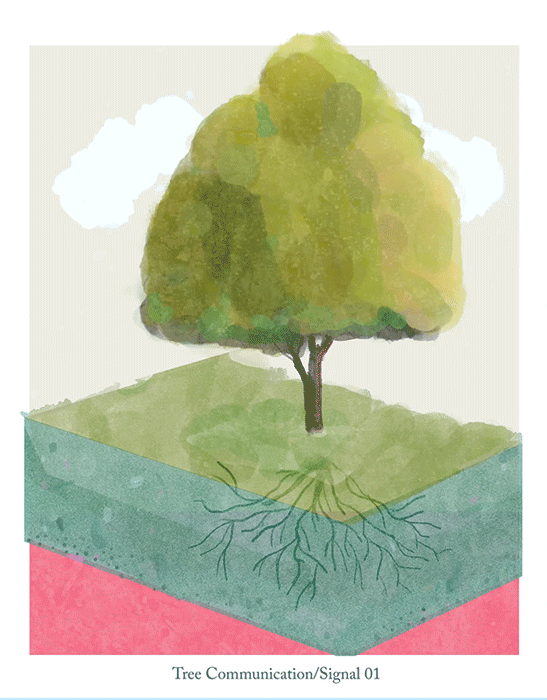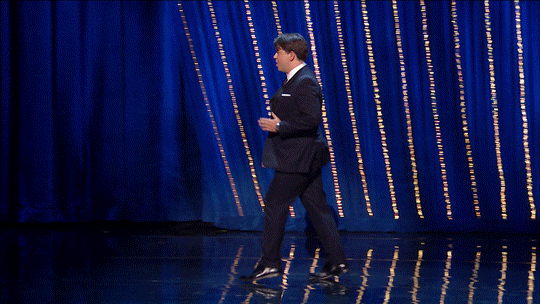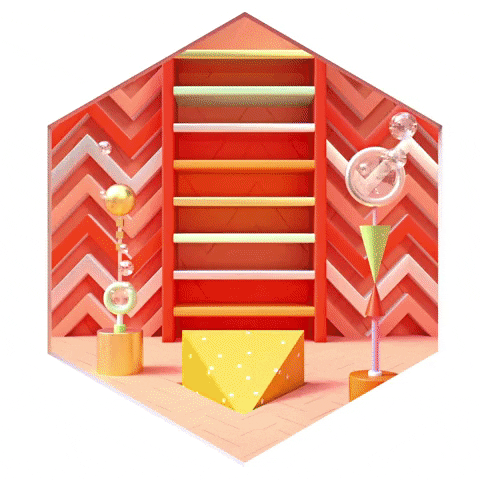Chinese Idiom Explained: 本末倒置
September 05, 2022
The popular Chinese idiom "本末倒置" (běn mò dào zhì) can be roughly translated as “to have the orders reversed” or "to have it backwards" in English.
In this blog, we will share with you both the Chinese and the English versions of the story behind the idiom "本末倒置" (běn mò dào zhì), what it means, as well as how to use it in a sentence.
Let’s dive in!

战国时期,有一次齐国的国王为了表示友好,派使臣去访问赵国.
During the Warring States period, the king of Qi, a state in ancient China, sent a diplomat to reach out to the neighbouring state, Zhao.
使臣到了赵国以后,把齐王的亲笔信恭敬地交给了赵王,而赵王十分重视民生,体恤百姓,接过的信连一眼都没看,就急切地问使臣:现在齐国的民生情况怎么样?今年的庄稼收成如何?老百姓的生活是否安好?齐王的身体好吗?
When the diplomat arrived at Zhao, he respectfully presented the king of Zhao with a handwritten letter. But the king of Zhao was far more concerned with the people of Qi than their king. So without even looking at the letter, he immediately asked the diplomat: 'How are your people? How was the harvest this year? Are your people at ease? Is your emperor in good health?'
使臣听了,心里很不高兴,对赵王说:齐王派我来访问赵国,可您连齐王的亲笔信都没看,反而是先问起收成、百姓,最后才问到国王,难道国王还没有老百姓重要吗?这不是本末倒置吗?
The diplomat heard this and was not impressed. He asked the king: 'My king sent me here to reach out to you. You haven't even read the letter he wrote for you. You ask about our harvest, our people, and ask about our emperor at the very end. Are the commoners more important than the emperor? Don't you have it backwards?'
赵王笑着解释说:“民以食为天”,没有粮食,老百姓靠什么生存? 如果没有百姓,又怎么会有国王,所以我这样问,一点儿都没有本末倒置。
齐国使臣听了,惭愧地一句话也说不出来。
The emperor of Zhao laughed and explained: 'Hunger breeds discontentment. Without grain, what will the common people survive on? Without the people, how will there be a kingdom? So if I ask about your people first, I don't have it backwards at all.'
The diplomat heard this and was so ashamed he couldn't say another word.

这个故事告诉我们要分清轻重,主次。不要把重要的事情和不重要的事情或者事情的主要方面和次要方面的位置颠倒了.
This idiom tells us that we need to understand what is important and what is not. It is a metaphor for not confusing the insignificant for the significant and reminds us not to reverse the roles.
本 běn (root, basis)

末 mò (end, final stages)

倒 dào (change, reverse)

置 zhì (position)

例句 (Example Sentences)
为了赚钱而不顾自己的身体健康,真是本末倒置。
Wèile zhuànqián ér bùgù zìjǐ de shēntǐ jiànkāng, zhēnshi běnmòdàozhì.
Putting money before health is illogical.
做任何工作,都分清主次,轻重,一定不能本末倒置。
Zuò rènhé gōngzuò, dōu fēnqīng zhǔ cì, qīngzhòng, yīdìng bùnéng běnmòdàozhì.
When you approach any job, you need to understand how things are done, don't mess up the order.
买房子之前先买了所有的家具,这是不是一次本末倒置的做法?
Mǎi fáng zǐ zhīqián xiān mǎile suǒyǒu de jiājù, zhè shì bùshì yīcì běnmòdàozhì de zuòfǎ?
Buying furniture before buying the house - isn't that illogical?
作为学生,应该好好学习,千万不要本末倒置,把玩放在首位。
Zuòwéi xuéshēng, yīnggāi hǎo hào xuéxí, qiān wàn bùyào běnmòdàozhì, bǎwán fàng zài shǒuwèi.
As a student, your studies should come first, do not confuse things and think entertainment is more important.
About the Writer
Hou Laoshi Inner Mongolia University For Nationalities graduate; 10+ years experience in teaching Chinese. Hou laoshi is loved for her caring and patient teaching style.

Click here for more Chinese Idioms stories!